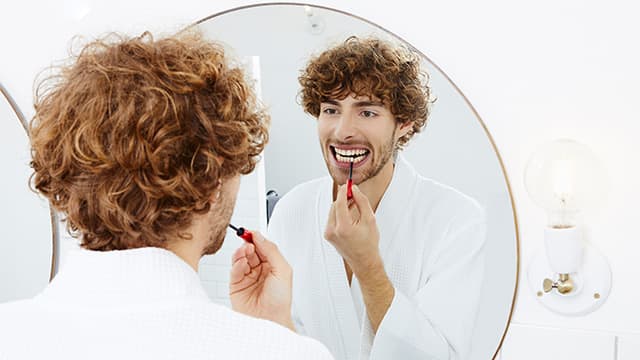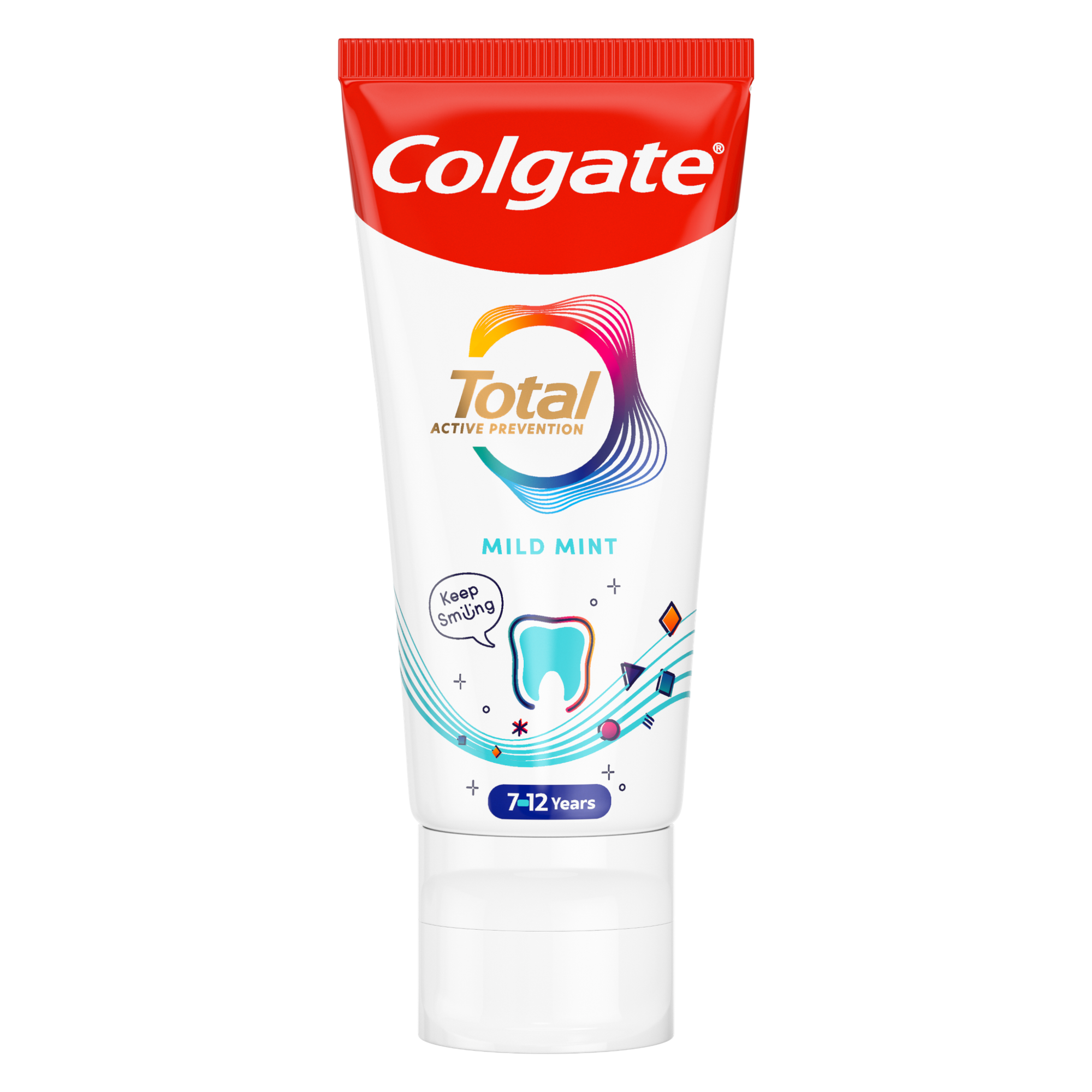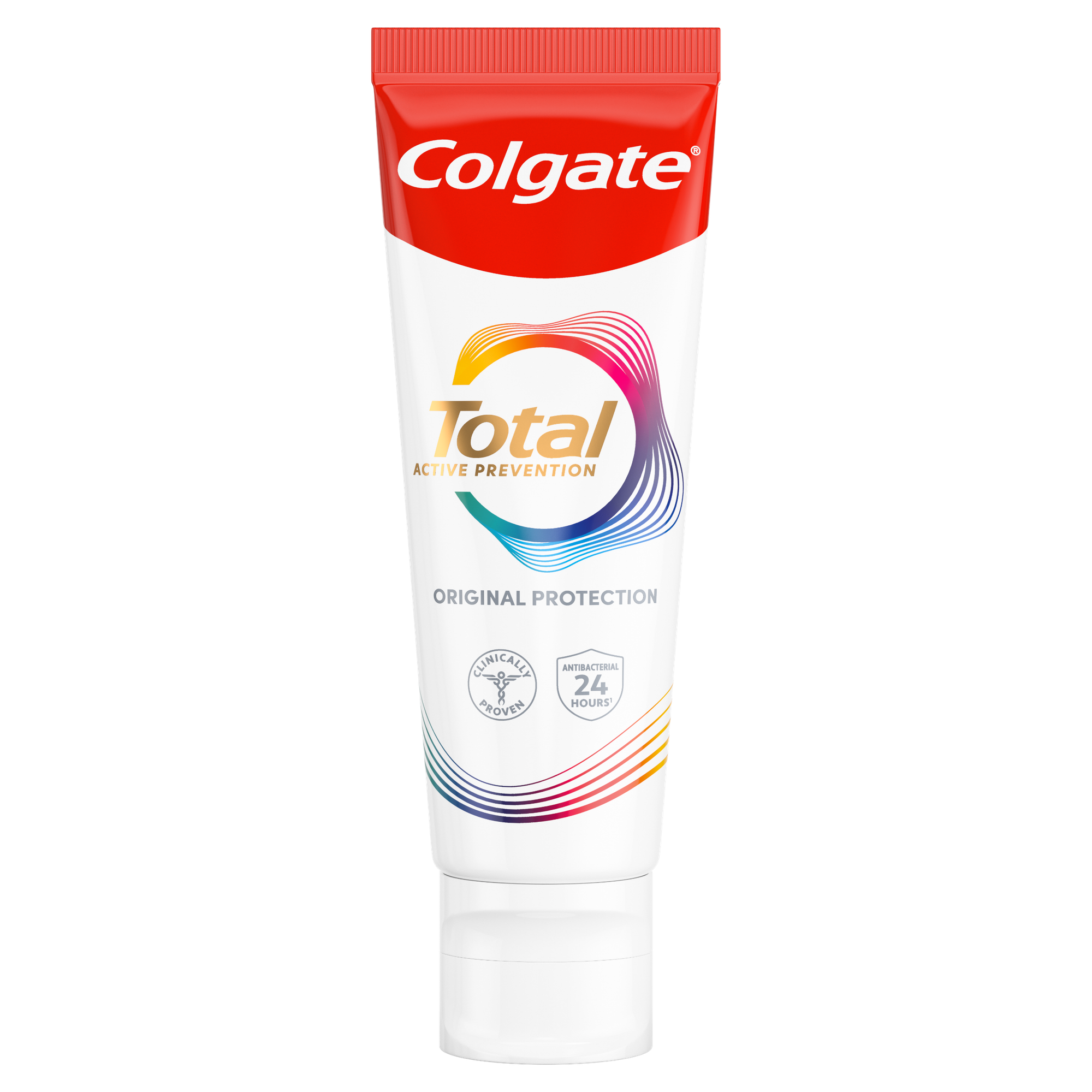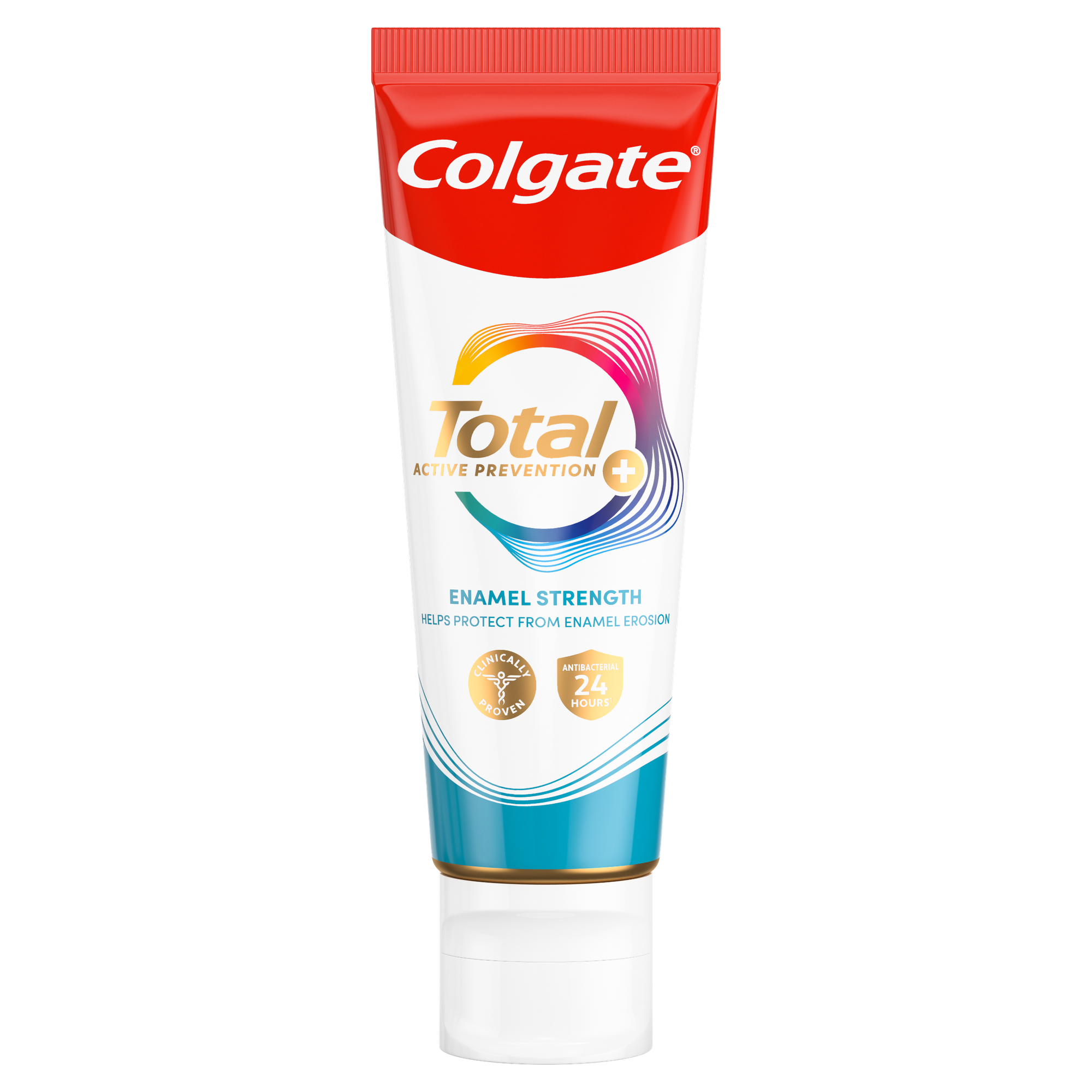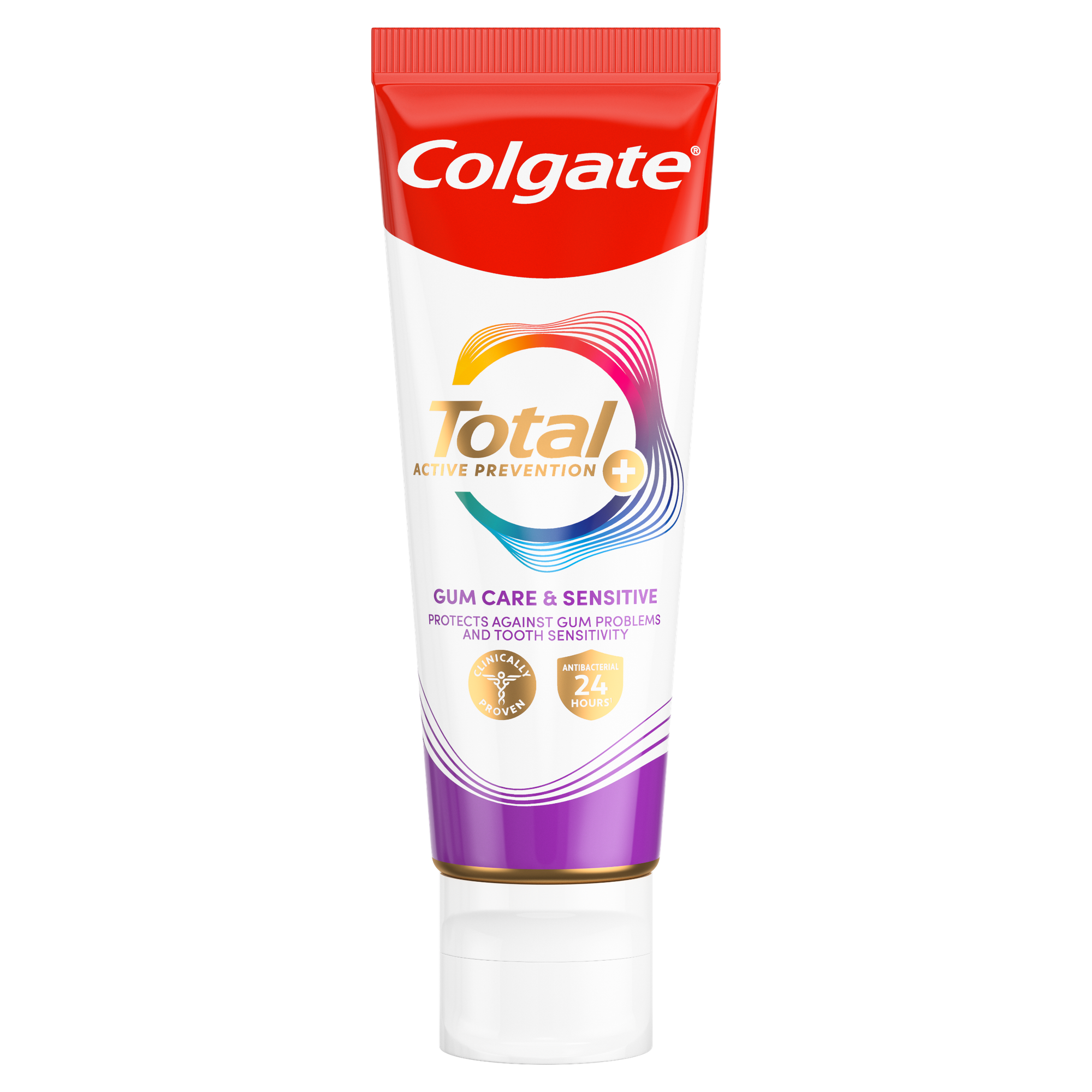When it comes to teeth, what is erosion?
Enamel erosion is the damage or softening of the surface of your teeth due to the acids you eat or drink, or the acids that come up from your stomach. These acids can eat away at or soften your tooth enamel and make it easier for it to be worn away by abrasion or teeth grinding.
Causes of enamel erosion
Tooth enamel erosion can be caused by several factors, one being the acids found in the food and drinks you consume. Saliva helps to neutralise these acids, but if you consume too much acidic food and drink and don’t follow a good oral hygiene routine, your tooth enamel will erode over time.
Some foods that can contribute to enamel erosion are:
Sugary foods such as sweets, ice cream and syrups
Starchy foods such as white bread and potatoes
Acidic foods such as citrus fruits, berries and apples
Fruit juices, fizzy and alcoholic drinks
Other causes of tooth enamel erosion include:
Teeth grinding – this can wear down enamel over time
Acid reflux – can cause acids from your stomach to enter your mouth
Low salivary flow or dry mouth – can be a symptom of some medical conditions including diabetes
Regular use of medications including antihistamines and aspirin
Vomiting exposes your teeth to stomach acids
Symptoms of damaged tooth enamel
You can sometimes see that tooth enamel is damaged, however, you’re more likely to notice the symptoms in the form of tooth pain or sensitivity first. Some other symptoms of enamel erosion can include:
Discolouration or yellowing of the teeth
Transparent edges, especially around the front teeth
Small cracks or dents on the surface of the tooth
An odd, rounded appearance
A rough appearance on the tooth’s surface
How to treat tooth enamel erosion
If you’re experiencing tooth enamel erosion, visit your dentist who can help you to determine the cause of the acid and advise the things to avoid. If your dental erosion is due to a medical condition such as acid reflux, you can discuss potential treatment options with your dentist.
If erosion isn’t treated, it can damage the structure of your tooth and cause you a lot of discomfort. Unfortunately, tooth enamel can’t grow back, however, your dentist may recommend a range of solutions to repair the tooth including:
Veneers
Fillings
Crowns
Root canal
Tooth extraction
Applying a fluoride varnish to strengthen the remaining enamel
How to prevent tooth enamel erosion
There are several things you can do to help reduce enamel erosion and the effect it can have on your teeth. Using a toothpaste that has been specially formulated to remineralise your tooth enamel and protect against erosion can help – for example, elmex Opti-Enamel Sealant and Strengthening Toothpaste.
Some other things you can do to prevent further enamel erosion include:
Limit your consumption of acidic food and drinks – try to eat these things at meal times instead of continuously snacking through the day.
Finish meals with cheese or milk to help to neutralise the acids in your mouth.
Chew sugar-free gum to help stimulate saliva production.
Drink mostly non-acidic drinks including water, milk or very diluted sugar-free squash.
Drink through a straw and don’t swish drinks around your mouth.
When it comes to snacking, stick to veggies, nuts or cheese.
Wait for an hour after eating something acidic before brushing your teeth – brushing straight after can cause more damage to your teeth.
The best way to treat tooth enamel erosion is to prevent it from happening in the first place. Always practice a good oral hygiene routine and see your dentist regularly for check-ups and cleaning.
This article is intended to promote understanding of and knowledge about general oral health topics. It is not intended to be a substitute for professional advice, diagnosis or treatment. Always seek the advice of your dentist or other qualified healthcare provider with any questions you may have regarding a medical condition or treatment.
ORAL HEALTH QUIZ
What's behind your smile?
Take our Oral Health assessment to get the most from your oral care routine
ORAL HEALTH QUIZ
What's behind your smile?
Take our Oral Health assessment to get the most from your oral care routine








